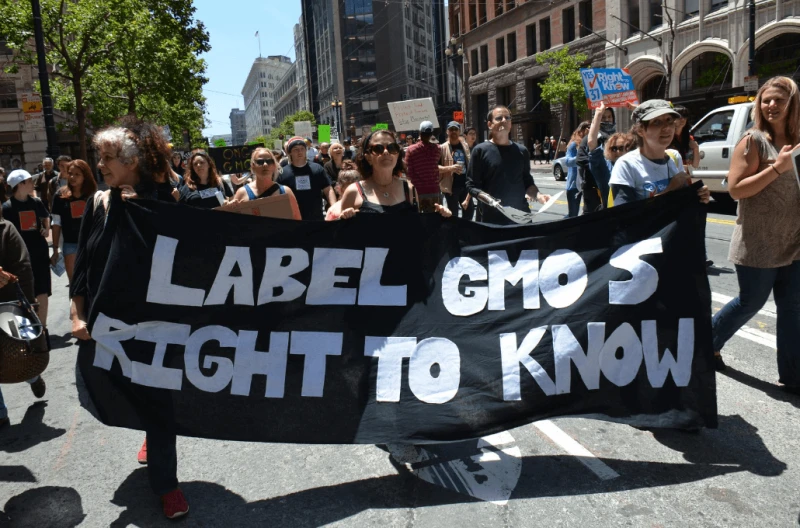Viewpoint: Anti-GMO arguments seem silly after 28 years of false narratives about health harms and and genetic contamination
Viewpoint: Anti-GMO arguments seem silly after 28 years of false narratives about health harms and and genetic contamination


Since the first genetically engineered or modified crops or organisms (GMO) were approved for commercial production in 1995, no new GMO has been proven to be a hazard or cause harm to human consumers. These modifications have improved crop efficiency, reduced losses to insect pests, reduced losses to viral and microbial plant pathogens and improved drought tolerance.
Regulators in the United States and countries signing the CODEX Alimentarius and Cartagena Biosafety agreements have evaluated human and animal food safety considering potential risks of allergenicity, toxicity, nutritional and anti-nutritional risks.
There are no cases where post-market surveillance has uncovered harm to consumers or the environment including potential transfer of DNA from the GMO to non-target organisms. In fact, many GMOs have helped improve production, yield and reduced risks from chemical insecticides or fungicides.
Yet there are generic calls to label foods containing any genetic modification as a GMO and refusing to allow GM events to be labeled as organic. Many African countries have accepted the Cartagena Protocol as a tool to keep GM events out of their countries while facing food insecurity. The rationale for those restrictions are not rational.
This is an excerpt. Read the original post here

 | Videos | More... |

Video: Nuclear energy will destroy us? Global warming is an existential threat? Chemicals are massacring bees? Donate to the Green Industrial Complex!
 | Bees & Pollinators | More... |

GLP podcast: Science journalism is a mess. Here’s how to fix it

Mosquito massacre: Can we safely tackle malaria with a CRISPR gene drive?

Are we facing an ‘Insect Apocalypse’ caused by ‘intensive, industrial’ farming and agricultural chemicals? The media say yes; Science says ‘no’
 | Infographics | More... |

Infographic: Global regulatory and health research agencies on whether glyphosate causes cancer
 | GMO FAQs | More... |

Why is there controversy over GMO foods but not GMO drugs?

How are GMOs labeled around the world?

How does genetic engineering differ from conventional breeding?
 | GLP Profiles | More... |

Alex Jones: Right-wing conspiracy theorist stokes fear of GMOs, pesticides to sell ‘health supplements’




 Viewpoint — Fact checking MAHA mythmakers: How wellness influencers and RFK, Jr. undermine American science and health
Viewpoint — Fact checking MAHA mythmakers: How wellness influencers and RFK, Jr. undermine American science and health Viewpoint: Video — Big Solar is gobbling up productive agricultural land and hurting farmers yet providing little energy or sustainabilty gains
Viewpoint: Video — Big Solar is gobbling up productive agricultural land and hurting farmers yet providing little energy or sustainabilty gains Fighting deforestation with CO2: Biotechnology breakthrough creates sustainable palm oil alternative for cosmetics
Fighting deforestation with CO2: Biotechnology breakthrough creates sustainable palm oil alternative for cosmetics Trust issues: What happens when therapists use ChatGPT?
Trust issues: What happens when therapists use ChatGPT? 30-year-old tomato line shows genetic resistance to devastating virus
30-year-old tomato line shows genetic resistance to devastating virus California, Washington, Oregon forge immunization alliance to safeguard vaccine access against federal undermining
California, Washington, Oregon forge immunization alliance to safeguard vaccine access against federal undermining The free-range chicken dilemma: Better for birds, but with substantial costs
The free-range chicken dilemma: Better for birds, but with substantial costs ‘You have to treat the brain first’: Rethinking chronic pain with Sanjay Gupta
‘You have to treat the brain first’: Rethinking chronic pain with Sanjay Gupta
